Increasingly, US adults turn to the Internet for health information, but few use or fully understand the quality of care information they receive. The JKTG Foundation commissioned a team of Harvard health communication experts, led by K. Viswanath, PhD, to summarize why and recommend how the use and understandability of quality measures can be improved.
The paper, “Communication and Quality of Care: An Overview” provides a standardized definition of quality of care and reviews relevant literature to provide a context for the best practices of reporting quality measures to consumer audiences.
“Medicare and other providers count certain quality measures essential due to a false belief that those measures matter to consumers. The fact is, very few consumers can engage with today’s quality reporting,” said JKTG Foundation Founder and President Ted Giovanis.
“The field needs to recognize that there is no magic combination of quality measures appropriate for all consumers and instead target efforts to educate patients about their care in an understandable way.”
Consumers most frequently use online health information to learn about a specific disease or medical problem they or someone they know might have. Research shows that consumers underutilize quality of care information primarily because the information is inaccessible, incomprehensible and unfamiliar. In fact, only 14 percent of US adults annually integrate available quality information into their health care decisions, with rates even lower among underserved populations.
Researchers recommend six strategies to increase the use of online quality reports among consumers. They include:
- Bridge the gap between health care provider and patient through a better understanding of what “quality of care” means by introducing new quality measures that prioritize patient perspectives
- Make quality reports accessible for consumers with a wide range of literacy, numeracy and digital literacy skills through the use of plain language and appropriate presentation formatting
- Incorporate customization, contextualization and interpretation tools into quality reports to articulate how health care quality data can be meaningful to consumers’ health decision making
- Improve the “findability” and consumer awareness of evidence-based health care quality information from credible online sources
- Improve the usability of websites that offer quality of care information with a specific focus on the underserved
- Enable patients across all socio-economic positions and racial and ethnic backgrounds to use Internet technology as a platform for shared decision-making and as a tool to engage with both the management of the health care services they receive, and the management of their health
The Foundation commissioned this paper to inform policy around quality measures and reporting as part of its Patient Centered Care Project, which aims to answer the question: “What health information is most important to patients and how can differing patient preferences be accommodated?” The full paper is available here.
About JKTG Foundation
The Jayne Koskinas Ted Giovanis Foundation for Health and Policy fosters public discussion around health care policy to benefit the public good. Through research, white papers and other projects, the Foundation serves as an honest, independent broker of ideas and actions designed to achieve the competing goals of cost reduction, expanding access and improving quality. For more information visit www.JKTGFoundation.org
Featured news
Ted’s Take: Errors in formulas and what it means for AI
Spinach is the best source of iron. I’ve understood this for decades now. As I ate more and more healthy foods, I’d choose spinach salads because of the “great” nutritional value, particularly iron.
Ted’s Take: An ounce of prevention
They stay an ounce of the prevention is worth a pound of cure. Isn’t it the truth.
How physicians are paid
Despite a growing need for general practitioners, the Medicare system is not helping with this shortage given the maldistribution of reimbursement between general medical providers and surgeons and other specialists.

Jayne Koskinas Ted Giovanis
Foundation for Health and Policy
PO Box 130
Highland, Maryland 20777
Media contact: 202.548.0133


